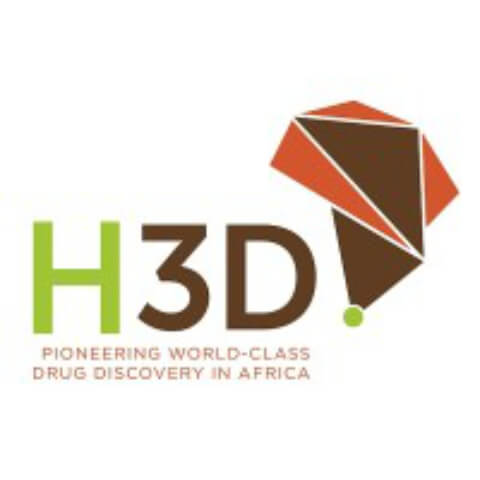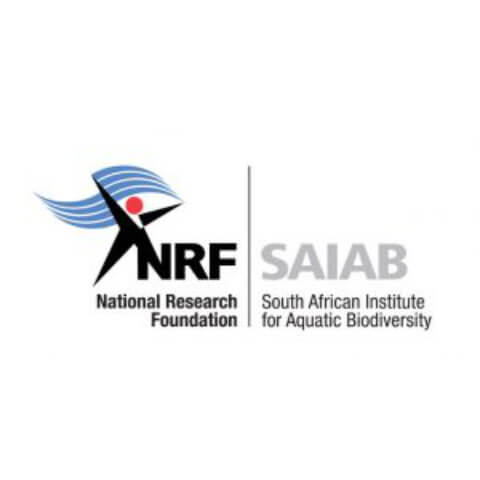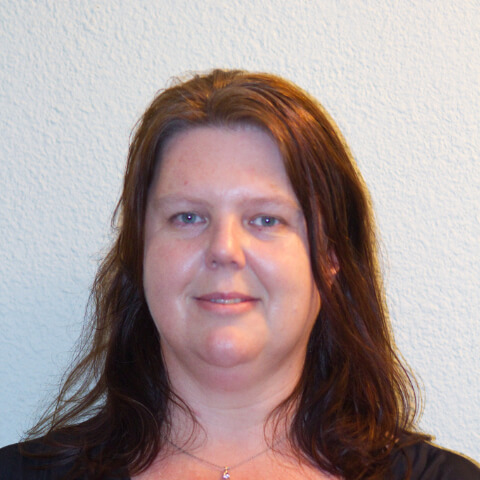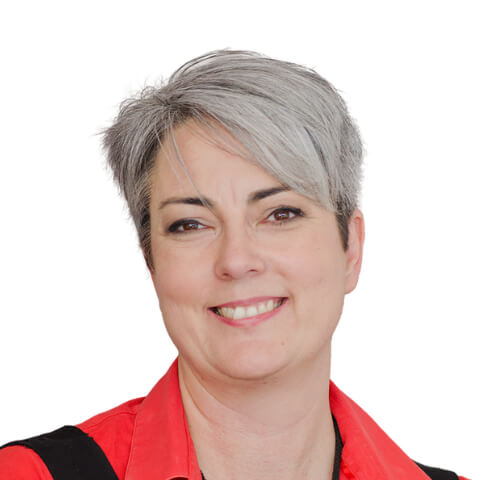In its first year, the Hub has screened NP extracts and synthetic compound libraries that have not been mined for antimicrobial activity, as well as developing new Specimen and Extract libraries from which to compare activities.
As you might be aware, there are many ways to begin untangling the complex web of microbial communities. This poses a challenge when only considering a more traditional screening protocol. The ADD Hub has committed to developing a high-throughput screening platform for researchers across the world to access and be offered support.
To understand what is occurring in the microbial community can be a challenging task. The ADD Hub is exploring the usefulness of extract dereplication of samples on a Mass Spec, and then exploring the hidden potential of microbes by mining metagenomic datasets and the genomes of cultured isolates. Using in silico tools, we will identify biosynthetic gene clusters of interest for heterologous expression in recombinant hosts. This approach will overcome many of the previous limitations of NP discovery, mitigating risks to maximize the potential for delivery of new antibiotic candidate hits.
In Phase 2 of this project (to begin in 2023), promising hits will be characterized with respect to spectrum of activity, potency, prokaryotic selectivity, propensity for generating resistance, mode of action and in vivo efficacy in an infection model. The most encouraging hits will then be further analysed following rapid analogue production via synthesis alone, or by blending biosynthetic pathway engineering and synthetic chemical methodologies.
Antimicrobial Resistance (AMR) poses a significant public health concern, and is considered by The World Health Organization (WHO) to be a threat to global public health. This problem is further exacerbated by non-adherence, over-prescription and inappropriate use of antibiotics, and use of substandard pharmaceuticals. Of particular concern are the ESKAPE pathogens (Enterococcus faecium, Staphylococcus aureus, Klebseilla pneumoniae, Actinobacter baumannii, Psuedomonas aerufinosa, and Enterobacter species). These pathogens are the leading cause of nosocomial (hospital) infections the world over, and display increasingly high emergence of multidrug resistant isolates.
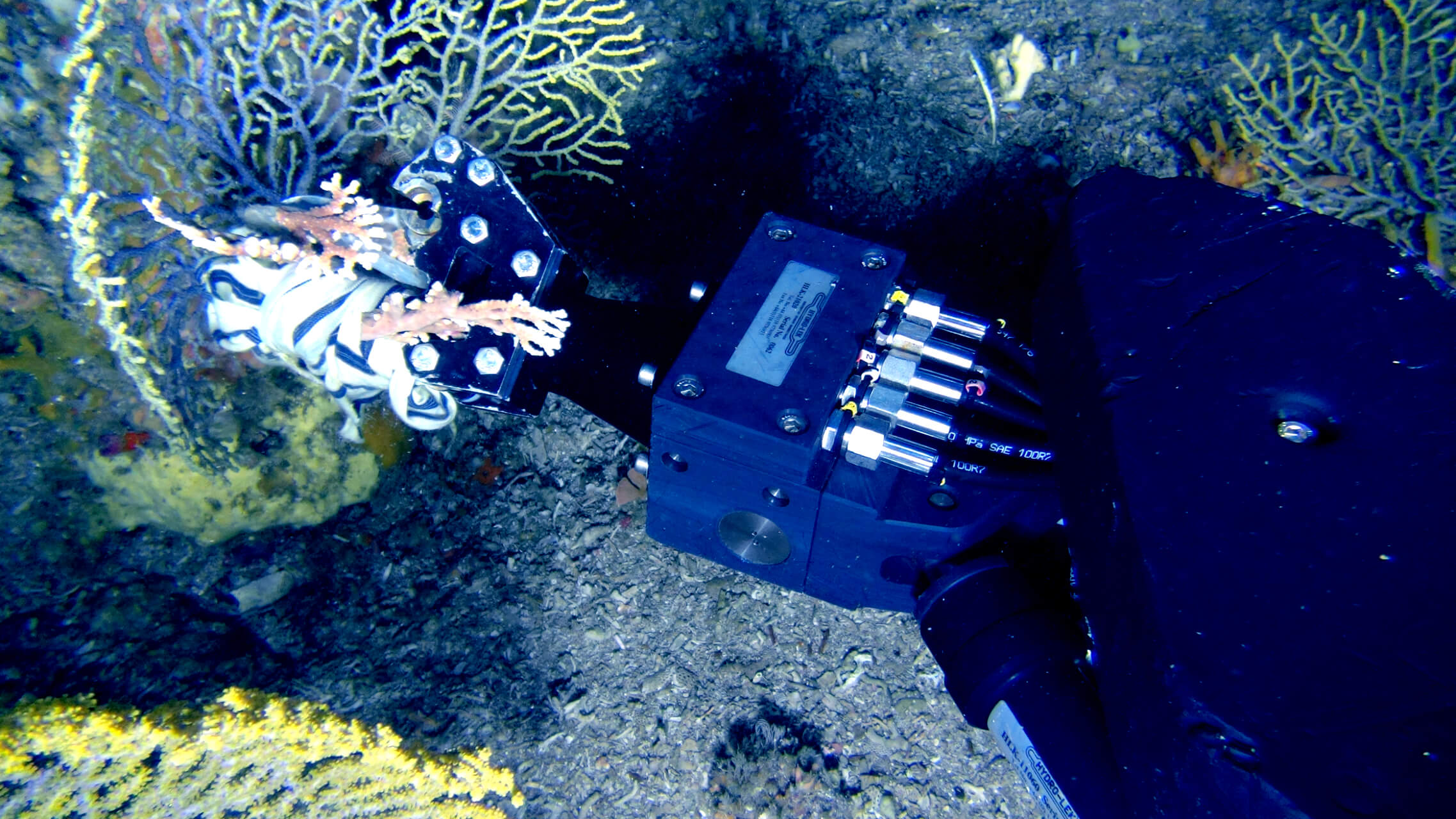
Marine sponges offer a plethora of potential antimicrobials. By virtue of their environment, marine sponges have evolved to thrive in a largely complex and variable environment. While some microorganisms are life-threatening, there is an entire microscopic community living in symbiosis with these filter feeders. As such, the sponge must maintain its own microbiome, whilst still defending against a constant onslaught of predators and pathogens, and adverse conditions. Secondary metabolites, or Natural Products, are organic compounds that are produced to confer a selective advantage to the sponge, i.e. the mechanism by which sponges interact with and manipulate their environment.
Natural Products and their synthetic analogues are the source of >80% of all clinically-utilised antibiotics, and are the only validated source of chemical diversity capable of delivering a sustained pipeline of novel antibacterial drug candidates. Natural Products are privileged scaffolds, honed by evolution to possess many of the requisite properties of antibacterial drugs, such as target specificity and ability to penetrate into cells. And this is where the magic lies. By isolating and purifying those compounds that display antimicrobial activity from a soup of liquified sponge, we are able to borrow from the diverse Pharmacy that is Mother Nature.
The ADD Hub is an international Consortium researchers from South Africa and the United Kingdom with expertise in Natural Product discovery, antibiotic evaluation, molecular biology and in silico discovery, medical microbiology, biophysical analysis, bioinformatics, metagenomics, and recombinant expression.
Despite this seemingly immense potential for discovery of novel agents, traditional screening of plant and microbial extracts has yielded disappointingly few returns due to the tendency to re-discover known metabolites. However, recent advances in state-of-the-art de-replication approaches, guided by machine learning and AI, previously-known compounds can be rapidly identified in extracts and deprioritised, allowing efforts to target new molecules. The ADD Hub Consortium looks to unlock the potential resources contained in marine sponges (and their associated microbiomes) by systematically screening NP extracts against bacteria for antimicrobial activity. Our overall approach will allow investigation of hit optimisation and preliminary structure activity relationships. This data, along with further chemical characterisation, is added to a curated database of potential hit compounds. Along with dereplication approaches, through mining of metagenomic datasets, we can screen for active compounds in a soup of secondary metabolites without the need to purify individual compounds out first.

Prof Dorrington’s research programme aims to build a platform for natural products biodiscovery. She leads a multidisciplinary team active across the drug discovery pipeline, focusing on the pharmaceutical potential of bioactive metabolites by marine invertebrates and their associated microbial communities in the context of their environment. Research projects include the field collection of marine macrofauna, assembly and screening of chemical extract libraries, the isolation of secondary metabolites with antimicrobial and antiviral activity, and the mining of genomic and metabolomic libraries to identify novel biosynthetic pathways to develop expression systems for the production of lead compounds. (Dorrington).

Prof Mathew Upton is the UK Lead Investigator of the SA/UK ADD Hub Project, and is a Professor of Medical Microbiology at the University of Plymouth. He collaborates with marine biologists to explore novel Natural Products from diverse marine samples, including deep-sea sponges, seagrasses, and Antarctic invertebrates. His research group uses bioassay guided (culture-based) discovery approaches with microbial genomics and metagemonics to find novel NPs for development towards the clinical. In 2018, he co-founded Amprologix, an antimicrobial discovery company, where he is Chief Scientific Officer. At Amprologix, Prof Upton is developing a first-in-class antimicrobial for use to prevent and treat bacterial infections. Lead candidate epidermicin NI01 recently passed pre-clinical evaluation for use against MRSA infections. More details of Prof Upton’s research can be found here.

Roxanne is the Project Manager of the SA/UK ADD Hub Project. She completed her MSc in Molecular Biology at Stellenbosch University, with an interest in Immunology, Microbiology and Infectious Diseases research.
